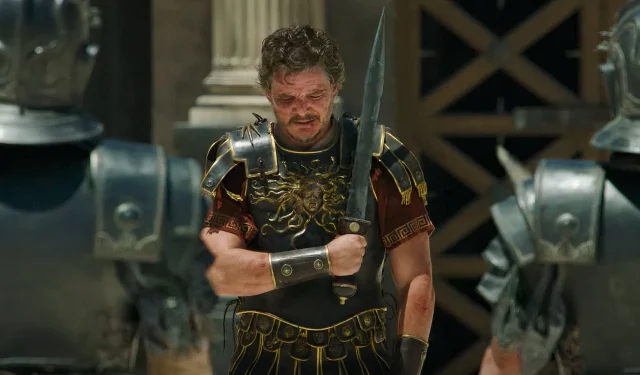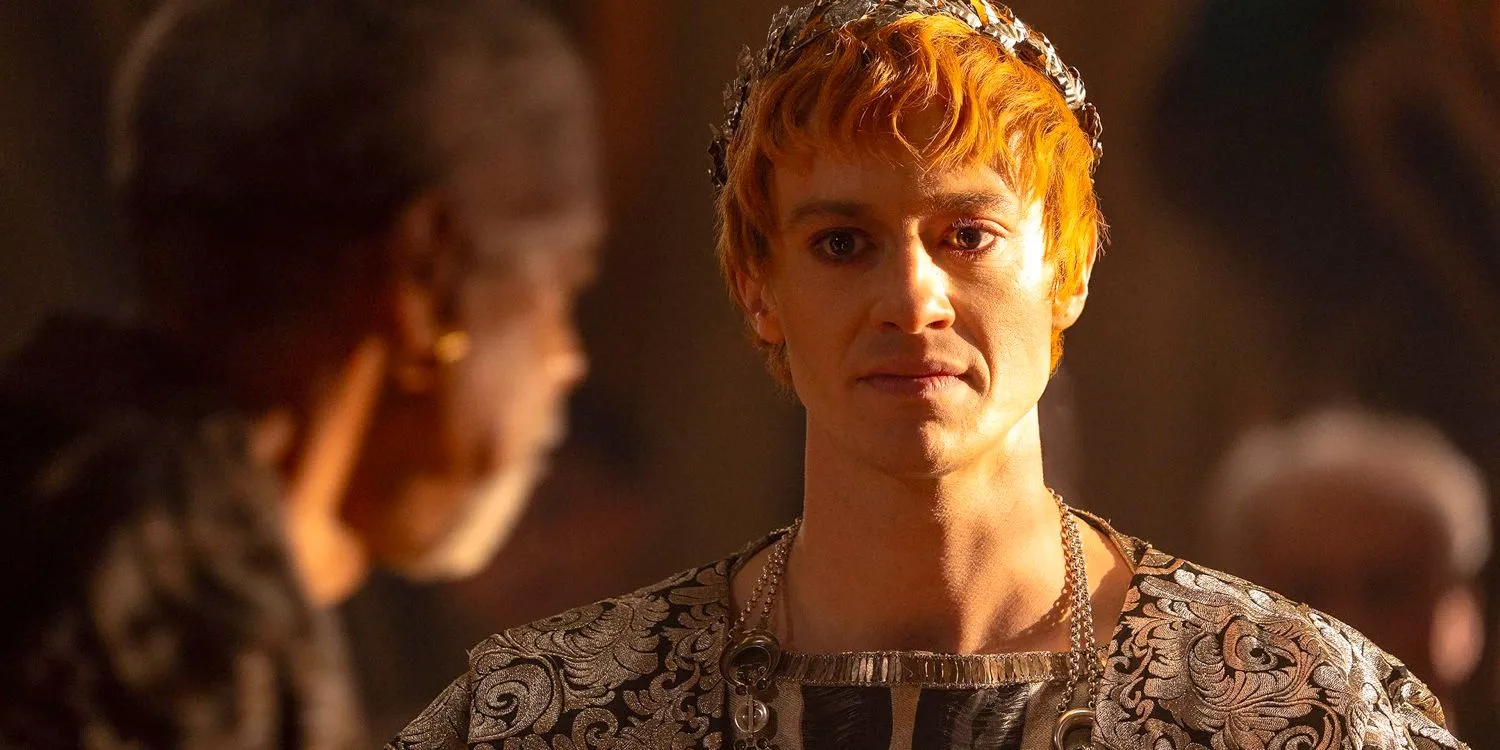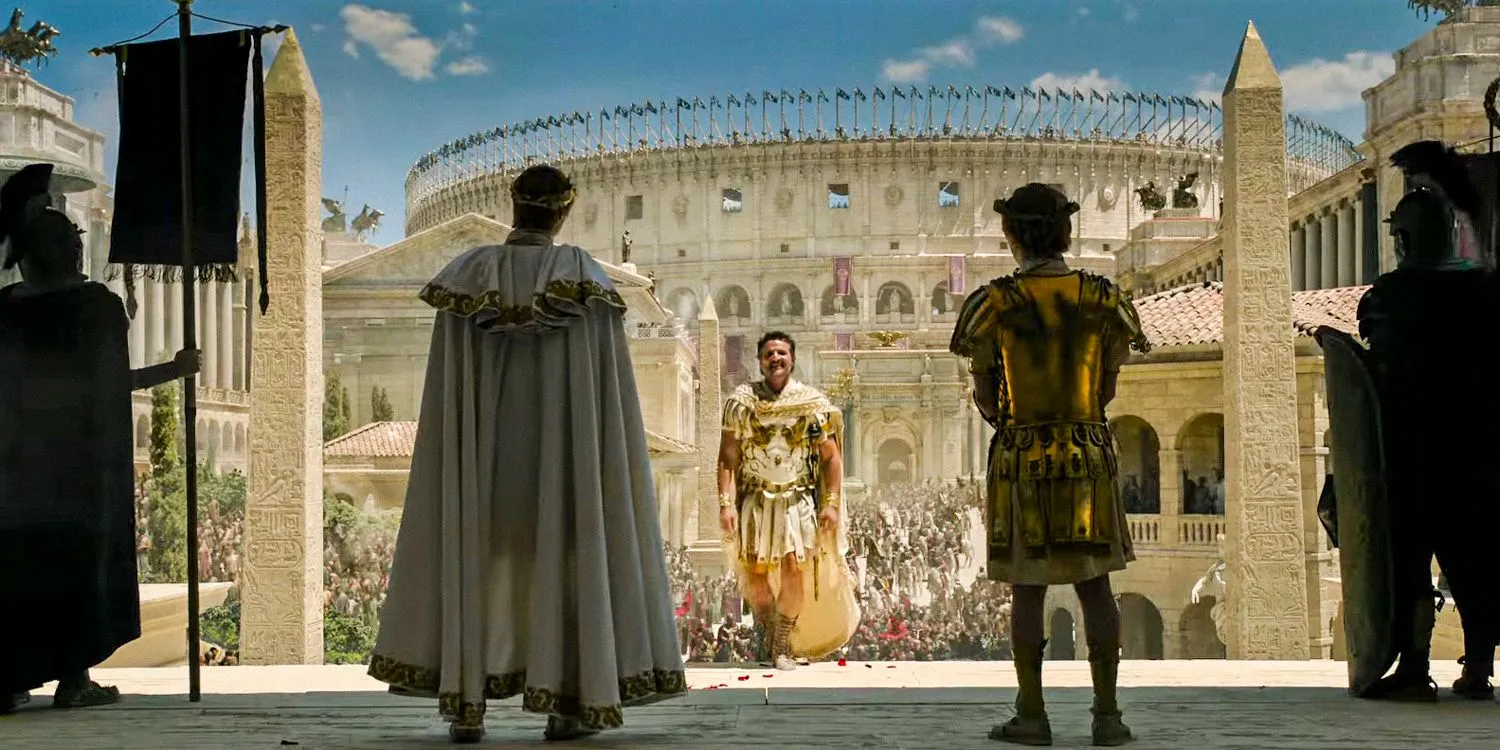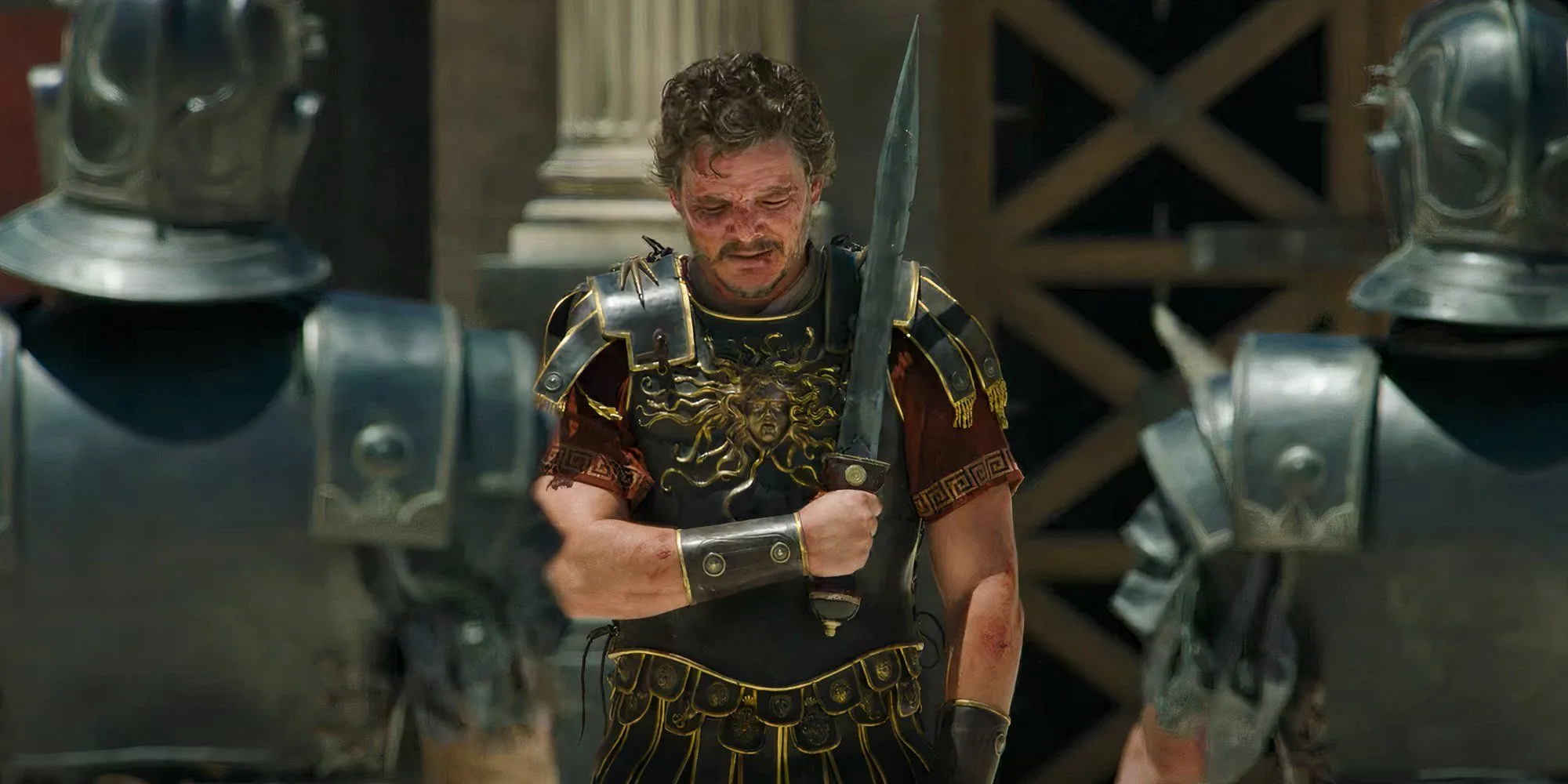
Warning: This article contains spoilers for Gladiator II.Gladiator II immerses viewers in a tumultuous chapter of the Roman Empire, where ambitious politicians and military leaders vie for influence and power over a crumbling civilization. A standout character is Acacius, portrayed by Pedro Pascal. Although not explicitly framed as a political strategist, Acacius offers remarkably prescient views on the condition of Rome. He garners significant political influence as a celebrated war hero and as the husband of Lucilla (Connie Nielsen), who enjoys strong public support.
The film’s conclusion hints at a revival dream for Rome and the hope that it might reclaim its republican roots. Lucilla’s son, Lucius (Paul Mescal), embodies this vision as he champions causes that echo his ancestors’ struggles for a more just society. However, it is essential to note that audiences are aware that the Roman Empire as a historical entity eventually met its end, casting an intriguing shadow over the film’s narrative. Acacius serves as a voice of foresight, often alluding to the empire’s inevitable decline.
Acacius Raises Alarm Over Overexpansion Early in Gladiator II
Acacius Warns the Emperors About Feeding Conquered Peoples

Upon returning from a successful campaign in Numidia, Acacius joins a grand celebration in Rome alongside Emperors Geta (Joseph Quinn) and Caracalla (Fred Hechinger). While the rulers are fixated on expanding their territories, Acacius raises an essential point: “Rome has so many subjects. She must feed them,”a warning that falls on deaf ears. The rulers’ dismissive attitude toward Acacius’s concerns indicates a disregard for the potential chaos that overreach may invite.
Historically, the Roman Empire’s collapse was significantly attributed to its overextended borders. Interestingly, Acacius’s warnings about the impact of warfare and territorial governance ring true, as the empire, at its zenith before the events of Gladiator II, struggled to maintain its vast holdings—leading to its eventual division and decline.
Acacius Warns of the Roman Empire’s Inevitable Decline
Acacius Predicts All Empires Will Fall, Including Theirs

During a pivotal moment in the film, Acacius is confronted with threats of obscurity after he and Lucilla face accusations of treason. He responds with a poignant acknowledgment that “Everything is forgotten in time. Empires fall. So do emperors.”This acknowledgment underlines a historical reality that reverberates throughout the film, reminding both the characters and audiences that glory is temporary and that the empire’s reign is not eternal.
Indeed, while lesser-known emperors may fade from collective memory, the notion of legacy in the quest for power often overlooks the transient nature of empires. This reality looms large, casting doubt on the ambitions of Geta and Caracalla, who seek lasting renown through conquest.
Exploring Acacius’s Faith in Rome’s Future in Gladiator II
The Dream of Rome: More Aligned with Lucius, Lucilla, and Maximus

Through the narrative of Gladiator II, the historical characters’ motivations behind their aspirations for Rome’s future often remain ambiguous. The lofty dream of reviving Rome suggests a deeper longing for an enduring legacy, yet Acacius embodies a more skeptical viewpoint. As a military leader, he may agree that deposing the twin emperors could benefit the people of Rome, but his stance contrasts with the idealism of Lucilla and Lucius, who communicate the grandeur of Rome’s potential.
Despite Acacius’s military aspirations, the broader conversations around democracy and Rome’s enduring legacy are largely carried by Lucilla and Lucius, the torchbearers for an equitable future. Acacius’s dialogue minimally highlights these themes, suggesting that while he seeks immediate improvement for Rome, he likely recognizes the limitations of their ambitions and the decline of their once-mighty civilization.
Ultimately, Acacius’s motivations focus on doing right by Lucilla and their people despite the uncertain future. His awareness that unchecked imperial expansion leads to needless loss of life resonates powerfully within the context of a crumbling empire, making the film’s portrayal of a waning Rome both compelling and poignant. Each character’s perspective shapes their vision for the future, leading to diverse interpretations of what can still be achieved amid impending historical decline.




Leave a Reply